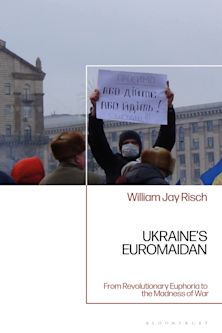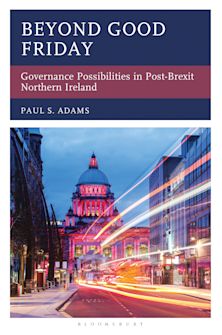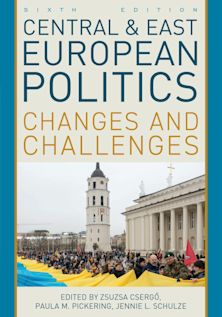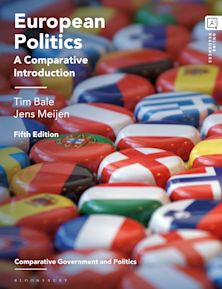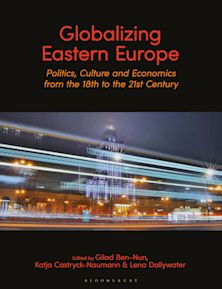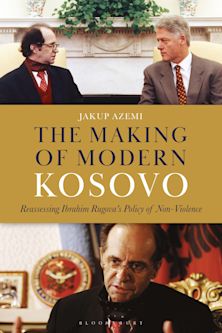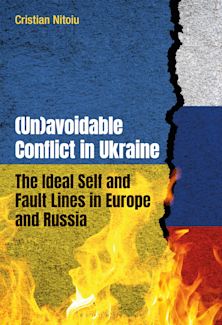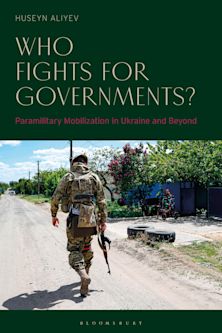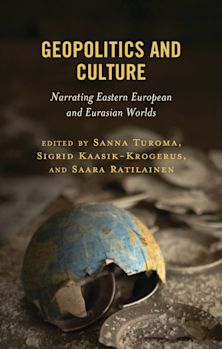Demystifying the European Union
The Enduring Logic of Regional Integration
- Textbook
Demystifying the European Union
The Enduring Logic of Regional Integration
- Textbook
For information on how we process your data, read our Privacy Policy
Description
Written by one of the premier scholars on the European Union and hailed as the best undergraduate text on the subject, this book has been thoroughly revised and updated to include the entry into force of the Lisbon Treaty. Clear and comprehensive, it "demystifies" one of the world's most important and least understood institutions. Roy H. Ginsberg contextualizes European integration through the foundation blocks of history, law, economics, and politics. He then breaks the EU down into its components so that they can be understood individually and in relation to the whole. Reconstructing the EU as a single polity, Ginsberg evaluates the EU's domestic and foreign policies and their effects on Europeans and non-Europeans alike. The author thus challenges students to see what the European Union truly represents: a unique experiment in regional cooperation and a remarkable model of conflict resolution for the world's troubled regions.
Table of Contents
Part I: Foundations
Chapter 1: Unity and Disunity
Chapter 2: Theory and Practice of Modern European Integration
Chapter 3: The Economic and Legal Foundations of the European Community
Part II: The European Union in Practice
Chapter 4: The Contexts and Actors of EU Governmental Decisionmaking
Chapter 5: Inside EU Governmental Decisionmaking
Chapter 6: The Outputs of EU Governmental Decisionmaking
Chapter 7: European Union Foreign Policy
Part III: Evaluating European Integration
Chapter 8: The Internal Dimension of European Integration
Chapter 9: The External Dimension of European Integration
Chapter 10: Conclusions
Product details
| Published | 15 Apr 2010 |
|---|---|
| Format | Ebook (Epub & Mobi) |
| Edition | 2nd |
| Extent | 422 |
| ISBN | 9780742566934 |
| Imprint | Rowman & Littlefield |
| Publisher | Bloomsbury Publishing |
Reviews

ONLINE RESOURCES
Bloomsbury Collections
This book is available on Bloomsbury Collections where your library has access.















